Dear ST reader,
We hope you've been keeping well.
In our Asian Insider newsletter this week, we discuss how renewed US engagement affects the power dynamics in the region, especially in the light of last week's Quad summit, and yet another missile test-launch from North Korea. Closer to home, we examine the impact of closed borders and grounded planes on Johor's economy and Singapore's status as an aviation hub.
US engagement in Asia
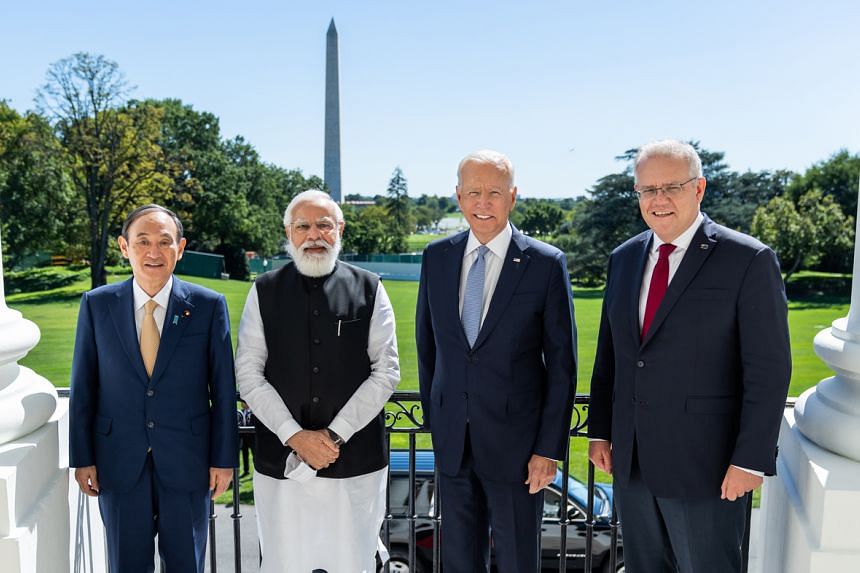
The US is back in Asia with renewed vigour, and all eyes are on how China will respond and with what fresh selling points, writes associate editor Ravi Velloor.
Growing US engagement bears strategic implications for the region, as seen at last week's Quad summit where leaders from the US, Japan, India and Australia stressed the need for a free and open Indo-Pacific and set out plans to cooperate in areas such as the climate crisis and critical and emerging technologies. This cooperation may help counter China's influence and also defuse tensions as North Korea continues to demonstrate its nuclear capabilities.
Meanwhile India seems to have overcome its mistrust of Washington, after the US military's bungled exit from Afghanistan heightened security risks in the neighbourhood, writes bureau chief Nirmala Ganapathy from New Delhi, with Prime Minister Narendra Modi cementing closer links during the Quad meeting.
Listen here as US bureau chief Nirmal Ghosh and his guests examine power shifts in the Indo-Pacific arising from the Aukus security pact and the Quad meeting.
Read more about Australia's decision to join Aukus and get nuclear-powered submarines, as explained by Jonathan Pearlman in the latest instalment of Power Play.
Hostage diplomacy
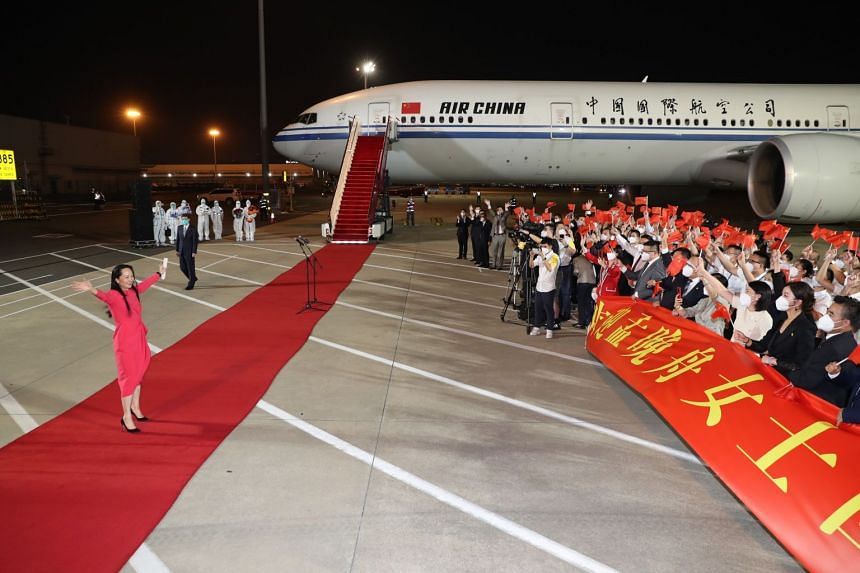
China-US ties could see some improvement after the Department of Justice's sudden decision to drop charges against Huawei chief financial officer Meng Wanzhou, writes our correspondent in Beijing Elizabeth Law. Removing this bugbear issue paves the way for both giants to cooperate in other areas, such as China's application to join the CPTPP trade pact and climate change.
Better relations are also in store for Beijing and Ottawa, which had detained Ms Meng since Dec 2018 on Washington's request. Ms Meng's return to China last week coincided with the release of Canadians Michael Kovrig and Michael Spavor, who had been held in China since Dec 2018, just days after Ms Meng was detained.
Not cleared for takeoff
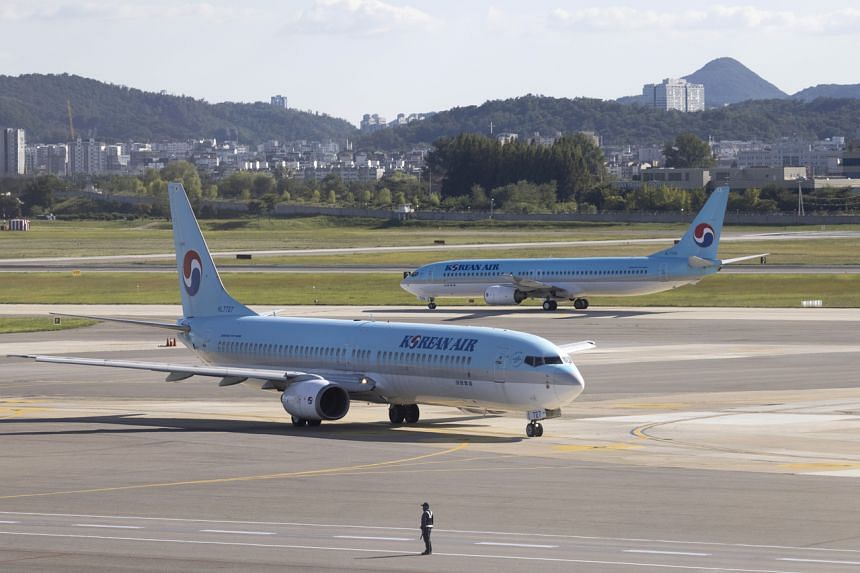
Asia's aviation hubs have struggled to reopen as the Covid-19 pandemic continues to shut down borders and stymie travel, reports South Korea correspondent Chang May Choon. Recovery for key airports like Singapore's Changi is crucial, writes Toh Ting Wei, as it affects the city state's status as a global business centre and related industries such as aerospace engineering and airlines.
Meanwhile London's Heathrow airport plays catch-up with its European counterparts which have more lax travel restrictions while Frankfurt airport expects travel volumes to return to pre-pandemic levels only in 2026, reports Arvind Jayaram.
Closed borders have also taken their toll across the Causeway, reports Malaysia bureau chief Shannon Teoh, with Johor's economy languishing after thousands of its workers were no longer able to commute daily to earn Singapore dollars, and Singapore residents stopped driving across to shop. Vaccinations are being ramped up in Johor, in the hope workers can resume travelling when the pandemic eases.
Meanwhile tourist destinations in the region are exploring ways to reopen safely, even if it means taking baby steps like in Bali, writes regional correspondent Jeffrey Hutton. Read more about Asia's efforts to revive tourism, in this weekend's ST Asian Insider.
Japan's PM designate
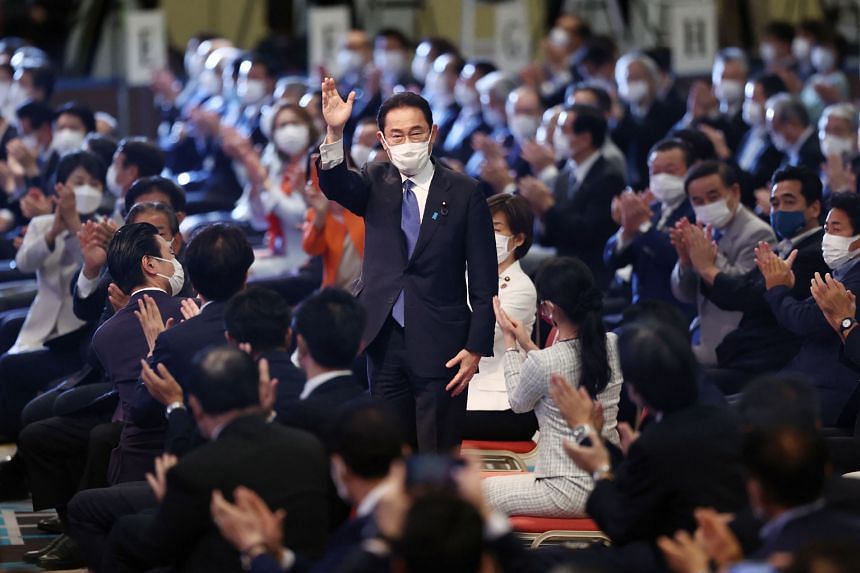
Conservatism prevailed over popularity when Japan's ruling Liberal Democratic Party elected Fumio Kishida on Wednesday (Sept 29) as its choice to be the next prime minister, reports Walter Sim from Tokyo. Mr Kishida, who will be sworn in on Monday, is likely to keep the status quo on the foreign policy and defence fronts, but may introduce economic changes to address income disparity. Meanwhile the former diplomat will be watched for how he handles chilly relations with neighbours China and South Korea.
Climate change
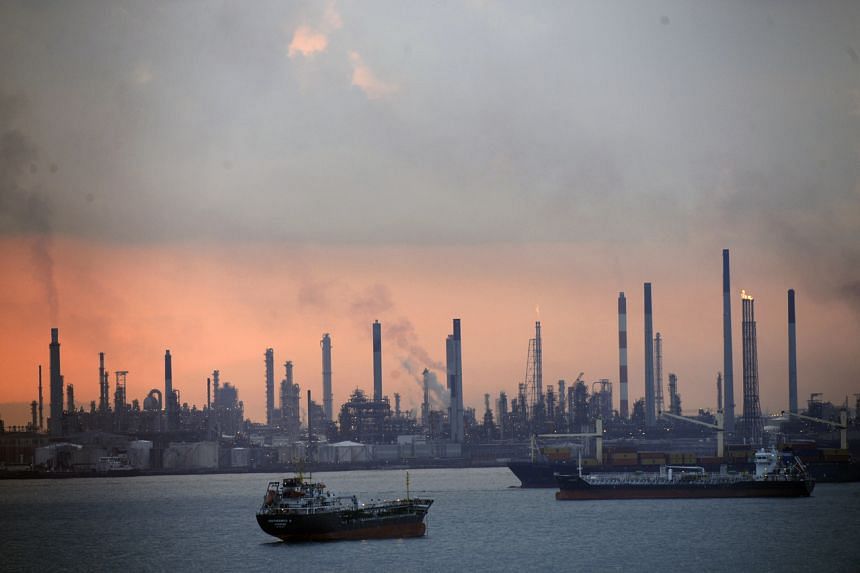
South-east Asia will need US$2 trillion (S$2.7 trillion) of investment this decade to cut emissions and remain competitive globally, according to a report by management consultancy Bain & Company, Microsoft and Singapore's Temasek. Shifting to a greener economy involves speeding up the switch to green energy and transport, putting a value on nature and making the agri-food sector more efficient and less polluting, reports climate change editor David Fogarty.
Meanwhile solar power in Indonesia is set to get a boost after China said it would stop financing coal-powered energy plants overseas, writes regional correspondent Jeffrey Hutton. Solar power is the fastest and cheapest way to meet the country's vow to get 23 per cent of its electricity from renewable sources, said energy think-tank Institute of Essential Services Reform and BloombergNEF.
Slum kid rappers
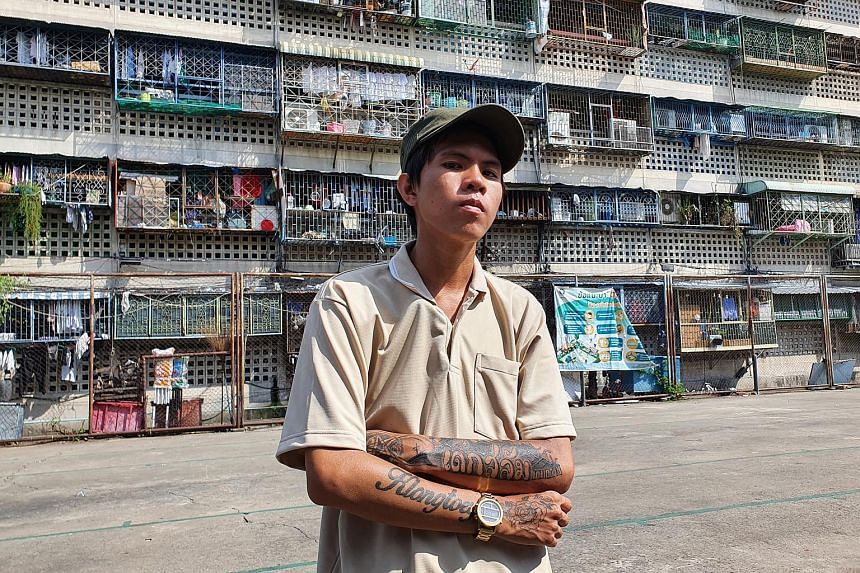
Two rappers from Bangkok's Klongtoey slum have found fame riffing on life in their notorious neighbourhood and the social inequalities they witness everyday. Indochina bureau chief Tan Hui Yee meets one of them and gets a made-to-order rap in this latest edition of Letters from the Bureau.
That's it for today. Until next week, keep safe and keep reading!
Lim Ai Leen
Deputy Foreign Editor

